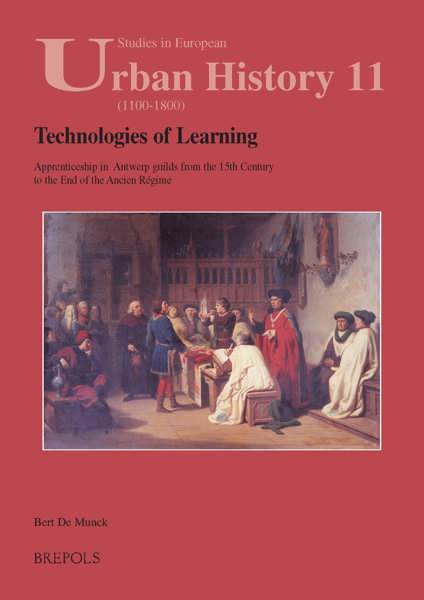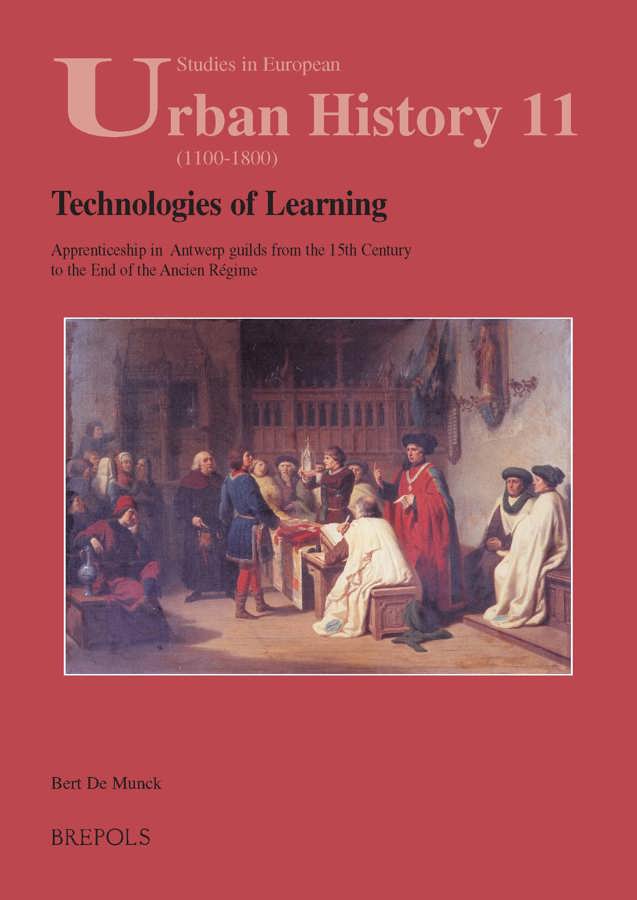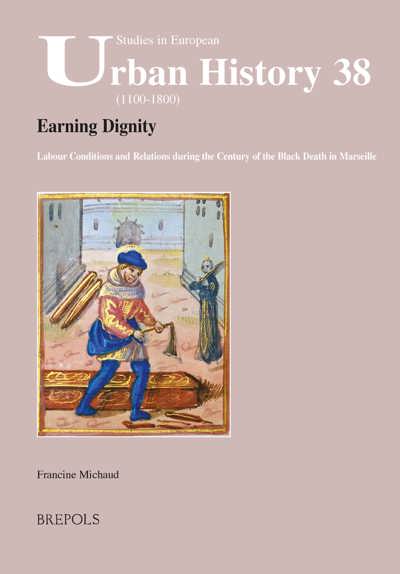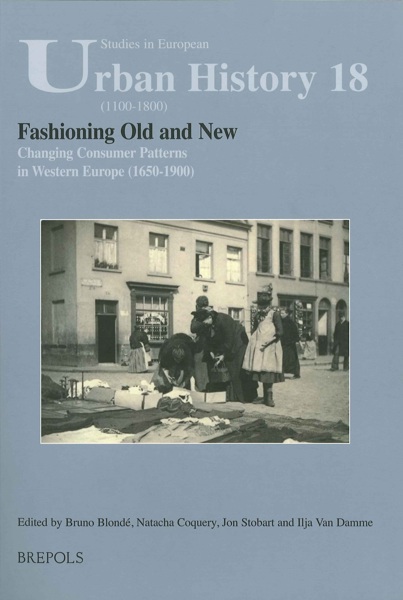
Technologies of Learning
Apprenticeship in Antwerp Guilds from the 15th Century to the End of the Ancien Régime
Bert De Munck
- Pages: 306 p.
- Size:180 x 250 mm
- Illustrations:19 b/w
- Language(s):English
- Publication Year:2008
- € 50,00 EXCL. VAT RETAIL PRICE
- ISBN: 978-2-503-52270-8
- Paperback
- Available
- € 50,00 EXCL. VAT RETAIL PRICE
- ISBN: 978-2-503-55937-7
- E-book
- Available
Before the advent of a formal schooling system, training took place on the shop floor, under the roof of a master. The apprentice not only worked but also lived in his master’s house and was thus trained and educated at the same time. In cities, this system was formally complemented by an official apprenticeship system, prescribing a minimum term to serve and an obligatory masterpiece for those who wanted to become masters themselves. Traditionally, historians see this as an archaic and backward way of training, yet this book’s aim is to show that is was instead a very flexible and dynamic system, perfectly in tune with the demands of an early modern economy.
In order to understand it fully, however, we should differentiate the informal training system organised via a ‘free market’ of indentures on the one hand and the institutionalised system of craft guilds on the other. In Antwerp, early modern guilds had a project of ‘emancipating’ their members. They didn’t simply produce certain skills, but through a system of quality marks defended the honour of craftsmen. This is the difference with current practices. By representing hands-on skills as superior, guilds supplied a sort of symbolic capital for workers.
Bert De Munck is lecturer at the University of Antwerp and member of the Centre for Urban History. His research focuses on the history of the guilds, vocational training and social capital.




